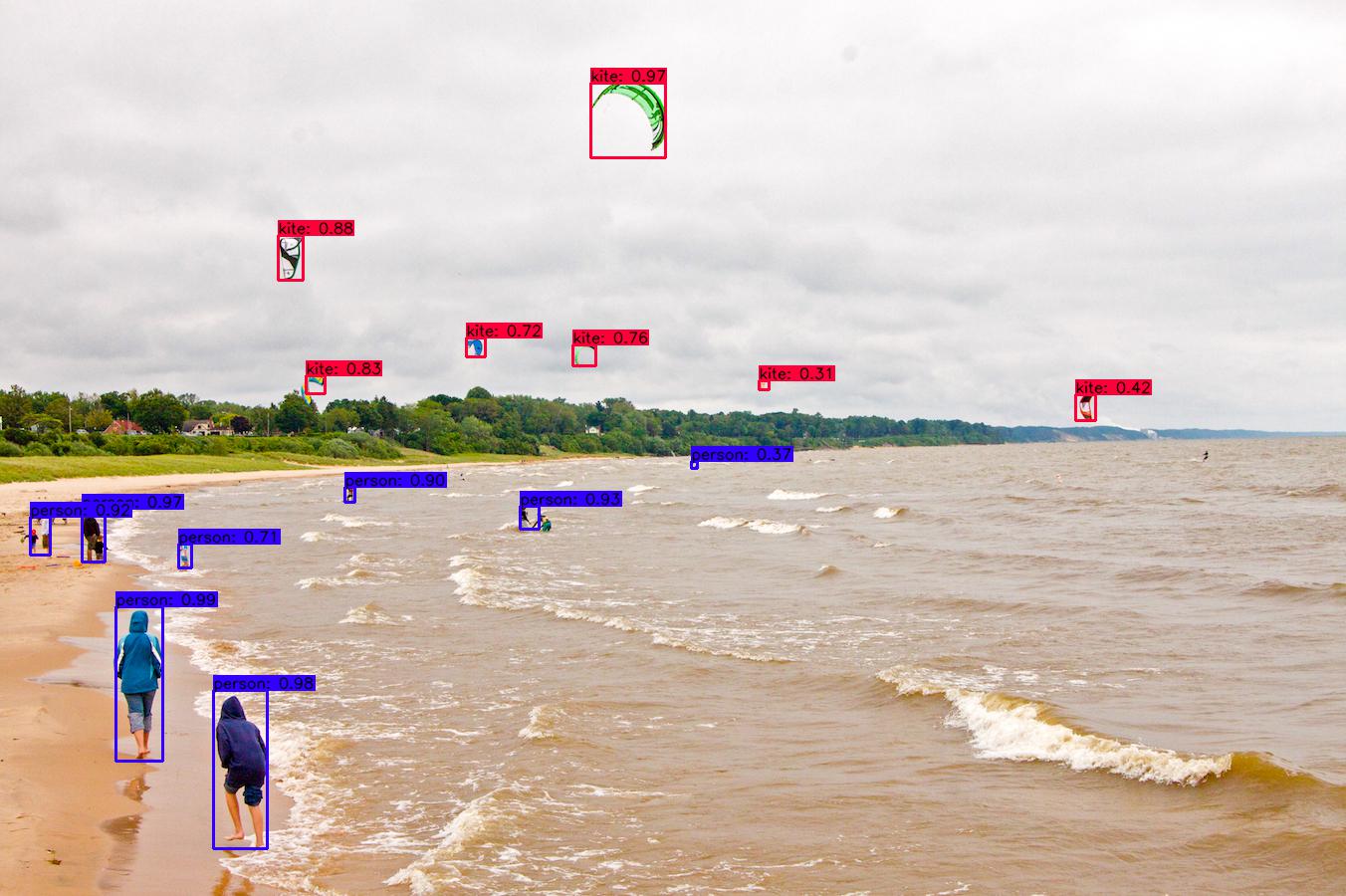Overcoming-Catastrophic-forgetting-in-Neural-Networks
Elastic weight consolidation technique for incremental learning.
About
Use this API if you dont want your neural network to forget previously learnt tasks while doing transfer learning or domain adaption!
Results
The experiment is done as follow:
- Train a 2 layer feed forward neural network on MNIST for 4 epochs
- Train the same network later on Fashion-MNIST for 4 epochs This is done once with EWC and then without EWC and results are calculated on test data for both data on same model. Constant learning rate of 1e-4 is used throughout with Adam Optimizer. Importance multiplier is kept at 10e5 and sampling is done with half data before moving to next dataset
| EWC | MNIST | Fashion-MNIST |
|---|---|---|
| Yes | 70.27 | 81.88 |
| No | 48.43 | 86.69 |
Usage
from elastic_weight_consolidation import ElasticWeightConsolidation
# Build a neural network of your choice and pytorch dataset for it
# Define a criterion class for new task and pass it as shown below
ewc = ElasticWeightConsolidation(model, crit, lr=0.01, weight=0.1)
# Training procedure
for input, target in dataloader:
ewc.forward_backward_update(input, target)
ewc.register_ewc_params(dataset, batch_size, num_batches_to_run_for_sampling)
# Repeat this for each new task and it's corresponding dataset






